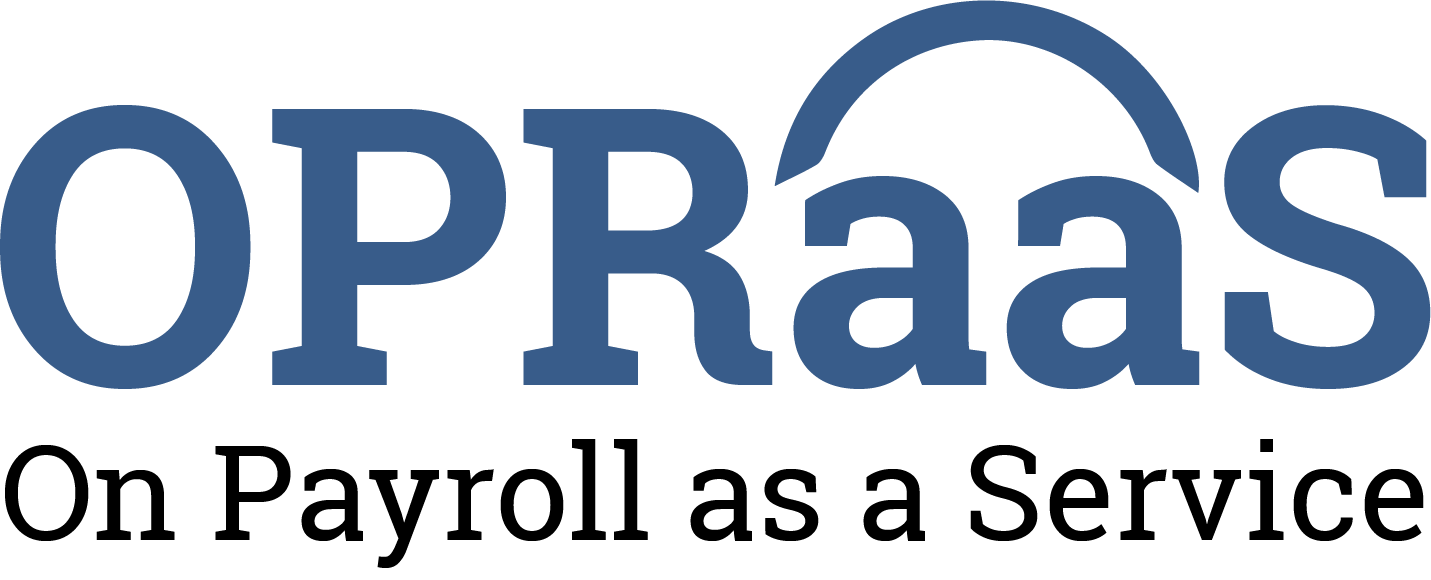Chris Dunn, Founder – OPRaaS Labour Supply Chain Assurance & Compliance Specialists
Legislative pressure is accelerating across the UK’s temporary labour market — and the days of outsourcing liability are now over.
On 21st July 2025, the government published its Finance Bill 2025–26, confirming that Joint and Several Liability (JSL) will be implemented from April 6th, 2026 through a new Chapter 11 of ITEPA.
What does that mean?
- The umbrella company will still hold the employer’s PAYE reference
- But the primary agency — or end client, if no agency is involved — will be strictly liable for any unpaid PAYE tax or NICs
- Crucially, no statutory excuse will be available
This isn’t a consultation. It’s not theoretical. It’s law in motion.
2026 is not the beginning — it’s now the confirmed deadline. Agencies and end-hirers that wait for implementation risk being caught unprepared.
The Message from HMRC Is Clear:
You can outsource services — but not responsibility.
“Trusted provider” logos and passive PSL agreements won’t protect you. HMRC now expects:
- Internal audit capability
- Documented training
- Governance embedded into everyday operations
Backed by 5,500 new compliance officers and 1,800 debt collectors, HMRC is actively pursuing a 20% increase in tax fraud prosecutions — with a clear focus on labour supply chains, disguised remuneration, and mini umbrella fraud.
What’s Changing — and Why It Matters Now
In 2023, HMRC estimated £1 billion lost to disguised remuneration and mini umbrella fraud. An estimated 275,000 workers were paid through non-compliant umbrella models.
In response, HMRC is deploying:
- Universal Stop Notices
- Promoter Action Notices
- AI-triggered audits
- Criminal liability under Disclosure of Tax Avoidance Schemes (DOTAS) — including for users and intermediaries
Agencies and end hirers must now:
- Ensure PAYE is applied correctly — even when using umbrella partners
- Detect disguised remuneration and skimming in payslips
- Block unlawful consultant referrals and undeclared commissions
- Demonstrate “reasonable procedures” under the Criminal Finances Act 2017
The risks? Fines, lost contracts, reputational damage — or even criminal prosecution.
Why Internal Self-Audit Is Essential
“We trusted our provider” is no longer a defence.
Agencies and end-hirers must be able to evidence:
- That staff were trained on fraud indicators and risk themes
- That PSLs were reviewed — not just listed or rubber-stamped
- That risk reviews are routine, documented, and repeatable
- That governance isn’t theoretical — it’s embedded into day-to-day operations.
If your team can’t identify IR35 misclassification, payslip skimming, or unlawful deductions, your organisation is already exposed.

